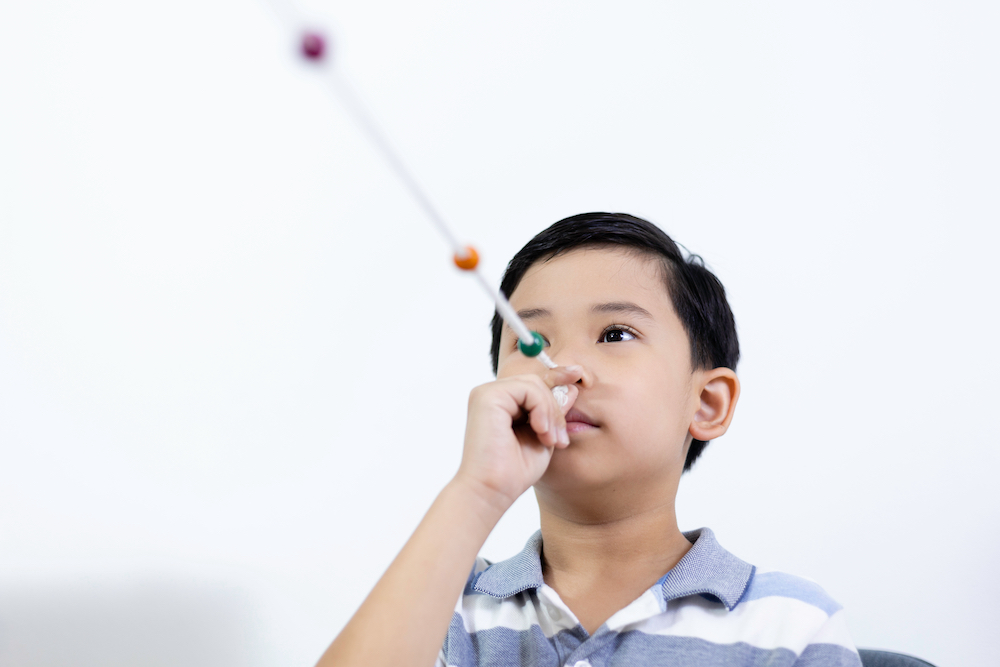
Vision is a critical aspect of a growing child. According to scientists, about 80 percent of children’s learning is through observation. With this in mind, it can be scary for a parent when they notice their child struggling with visual issues—particularly those that do not seem to respond to the usual vision correction aids.
When your child is growing up, they learn to voice their concerns early. They will let you know when they are hungry or in pain, for example. These are easy to understand for their young minds. However, vision issues are more complicated to express. They develop gradually, meaning your child may never know when they have one. All you have to go on are symptoms and signs from their habits and behaviors.
What Are the Signs That Your Child May Need Vision Therapy?
One of the ways you can know that your child may have some vision issues is through their performance in class or socially. They could have some underlying problems limiting their abilities. Some of the common symptoms that show they may need vision therapy are:
Double vision
Blurry vision
Headaches
Sensitivity to bright lights
Eye fatigue or strain
Losing place when reading
Difficulty copying texts
Difficulty paying attention
Poor hand-eye coordination
Closing one eye when trying to read
Turning or drifting of one eye
Tilting or turning the head when reading
Excessive squinting or blinking
Clumsiness, bumping into things, and falling often
Seeing words floating over the pages
Inability to judge distances correctly
Poor fluency or reading speed
Skipping lines of text or words when reading
Difficulty understanding what you are reading
Changing reading distance to make things appear clearer
What Is Vision Therapy?
To understand vision therapy, you need to know how vision works.
Visual Acuity
When most people think about vision, they often have this in mind. It refers to how clear or sharp your vision is. It is the one tested first in eye doctor’s offices. It is also the only one that school vision screening tests examine. Eye doctors, however, examine more than your visual acuity.
Visual Function
This refers to the other aspects of your visual system. These include how your eyes work and how they communicate with your brain. Some related things are eye-tracking, depth perception, focusing, and other visual skills.
Vision Therapy
It is a treatment that aims to improve visual skills in patients whose issues affect their visual function. The program aims to improve visual skills and allow the patient to operate effectively in the world.
During the treatment, the eye doctor will perform some exercises at the office. They will give your child activities they can do at home. Your child may also get prescriptive eyewear to correct their visual function.
Benefits of Vision Therapy
A child with visual functioning issues will benefit significantly from a vision therapy program. The program is often customized to your child’s specific problems. With it, you can expect the following benefits:
Better academic performance
Better socialization
Advanced vision skills
Better information processing
To see if your child could benefit from vision therapy, contact Rieger Eyecare Group at our office in Normal, Illinois. Call (309) 320-2020 to book an appointment today.











